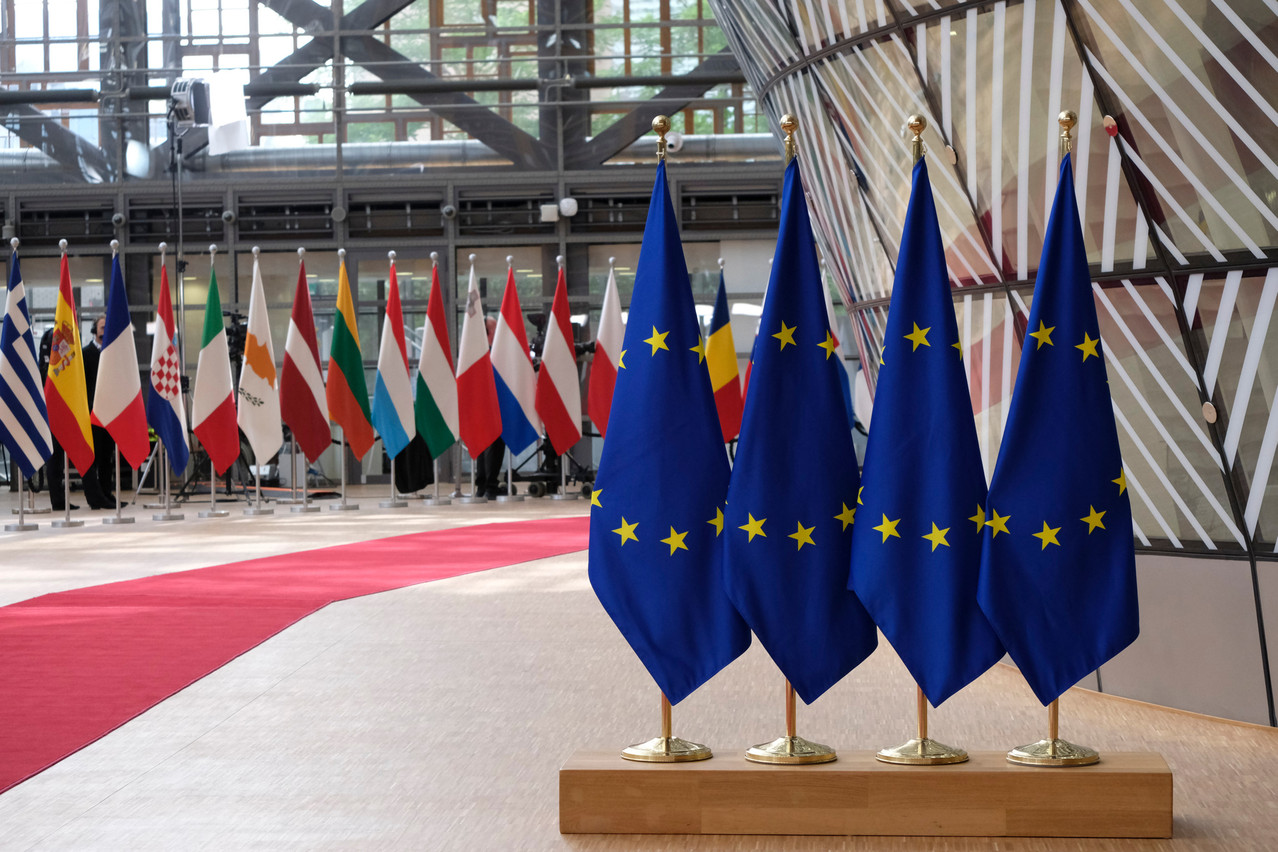After having made , the Biden administration is taking the opportunity to push the Europeans to shelve their digital tax project on the Gafa.
During a visit to Brussels on Monday 12 July, US secretary of state Janet Yellen convinced the European finance ministers gathered for a Eurogroup meeting that such a tax would clash with the OECD's major project, which was confirmed this weekend at a meeting of G20 finance ministers.
This , envisages, in addition to a minimum tax of 15%, taxing large multinationals where the commercial activity was carried out. But the EU is expected to announce next week its plan to tax multinationals such as Amazon, Facebook and Google, which have phenomenal sales figures but pay virtually no tax.
Washington defends its giants
The US's solidarity with the idea of a global minimum tax has its limits. By pushing the Europeans to reconsider their plans for a digital tax, the Biden administration intends above all to protect its digital giants, arguing that such a tax could jeopardise the grand plan for a global tax.
However, the project is so complex that it is not about to see the light of day. And the first barrage could well come from Washington, where the Republicans already intend to oppose it in Congress.
Europe was therefore easily convinced, playing the card of global solidarity. It is looking for funds to pay for the €750 billion NextGenerationEU stimulus plan. These resources will now have to be found in other pockets.
